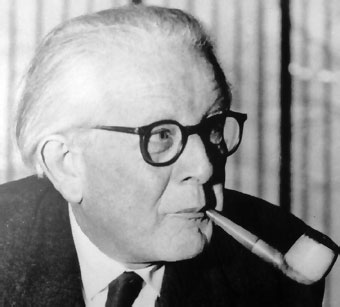BACK
Jean Piaget
Jean Piaget (1896 – 1980) was a developmental psychologist and philosopher known for his studies with children. He was a biologist who originally studied molluscs (publishing twenty scientific papers on them by the time he was 21) but moved into the study of the development of children's understanding, through observing them and talking and listening to them while they worked on exercises he set. He looked into the cognitive processes. These processes include attention, remembering, producing and understanding language, solving problems, and making decisions.
His view of how children's minds work and develop has been enormously influential, particularly in educational theory. His particular insight was the role of maturation in children's increasing capacity to understand their world. They cannot undertake certain tasks until they are psychologically mature enough to do so.
He also looked at the fact that children learn in development stages. He proposed that children's thinking does not develop entirely smoothly: instead, there are certain points at which it "takes off" and moves into completely new areas and capabilities. He saw these transitions as taking place at about 18 months, 7 years and 11 or 12 years. This has been taken to mean that before these ages children are not capable (no matter how bright) of understanding things in certain ways, and has been used as the basis for scheduling the school curriculum.
